The substitute in Arabic | الْبَدَلُ | Free Arabic Course
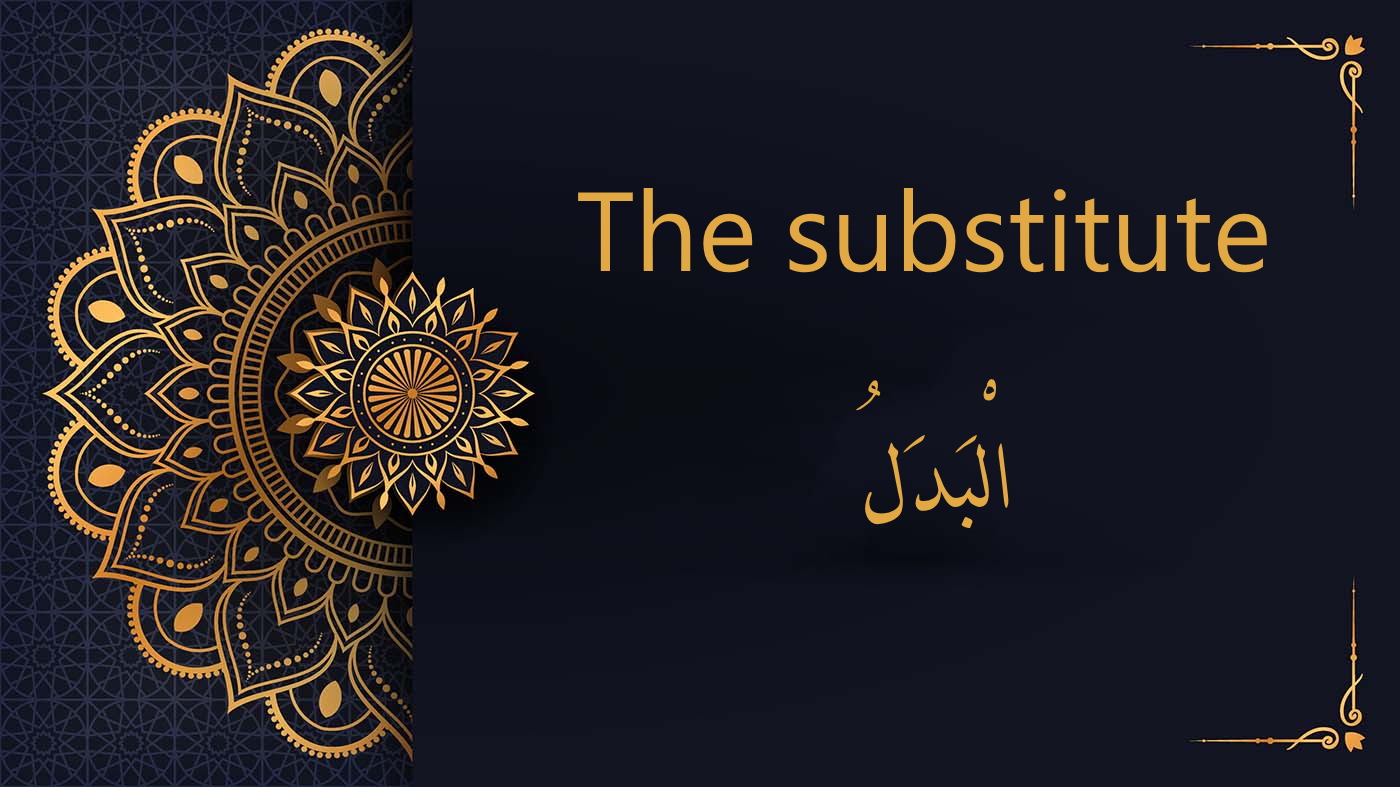
The substitute in Arabic | الْبَدَلُ Introduction The term الْبَدَلُ refers to a noun that replaces a previously mentioned noun in a subsequent sentence. In this structure, the replacing noun, known as الْبَدَلُ, follows the noun it replaces, termed as الْمُبْدَلُ مِنْهُ. For instance: فَآمِنُوا بِاللَّـهِ وَرَسُولِهِ النَّبِيِّ الْأُمِّيِّ So […]
The number and its usage in Arabic – الْعَدَدُ | Free Arabic Course
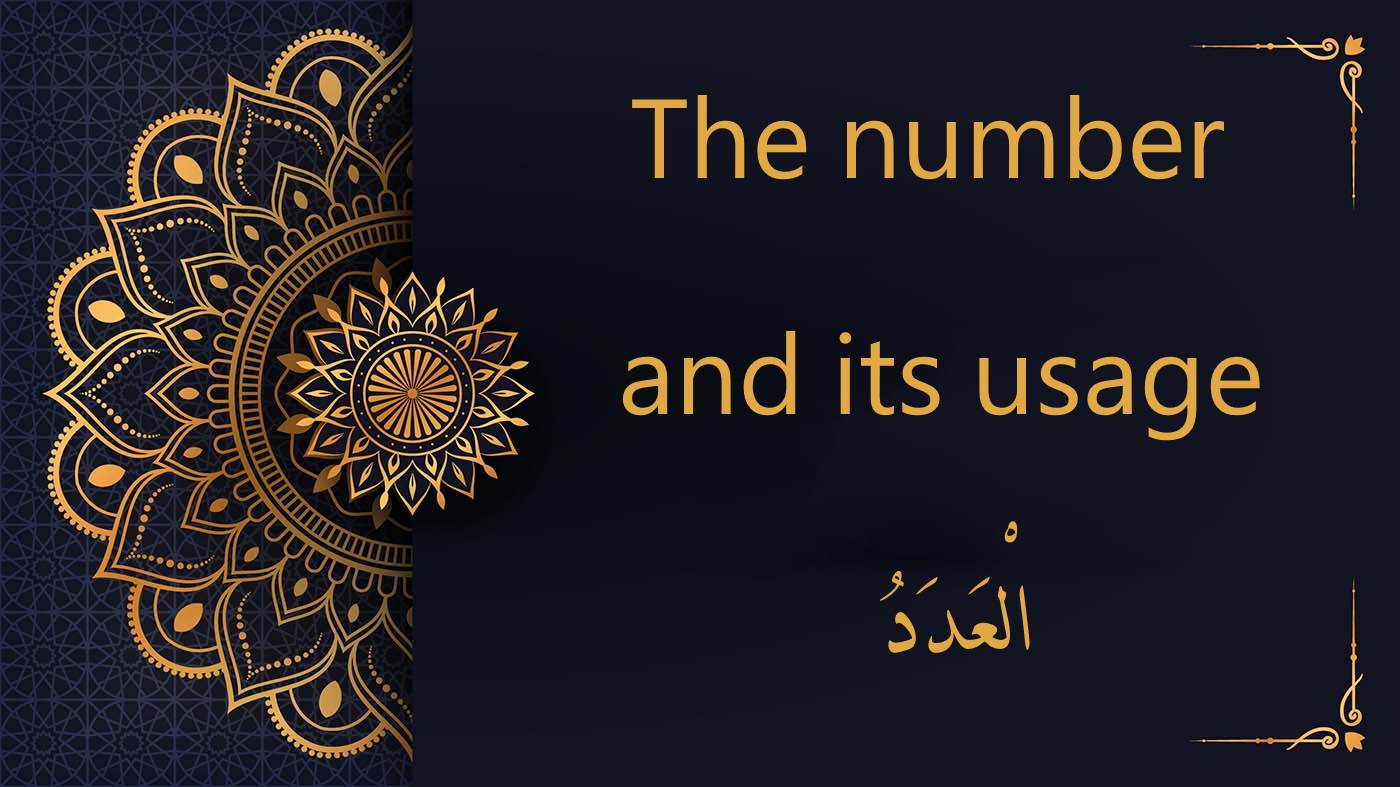
The number and its usage in Arabic – الْعَدَدُ Introduction In Arabic, العَدَدُ refers to numbers, while الْمَعْدُودُ denotes the noun being counted. A. The cardinal numbers – العَدَدُ الأَسَاسِي Arabic numerals present one of the most intricate aspects of written Arabic. Rather than adhering to a singular rule, they generally behave like declinable nouns, […]
Noun for pre-eminence in Arabic – اِسْمُ التَّفْضِيلِ | Free Arabic Course
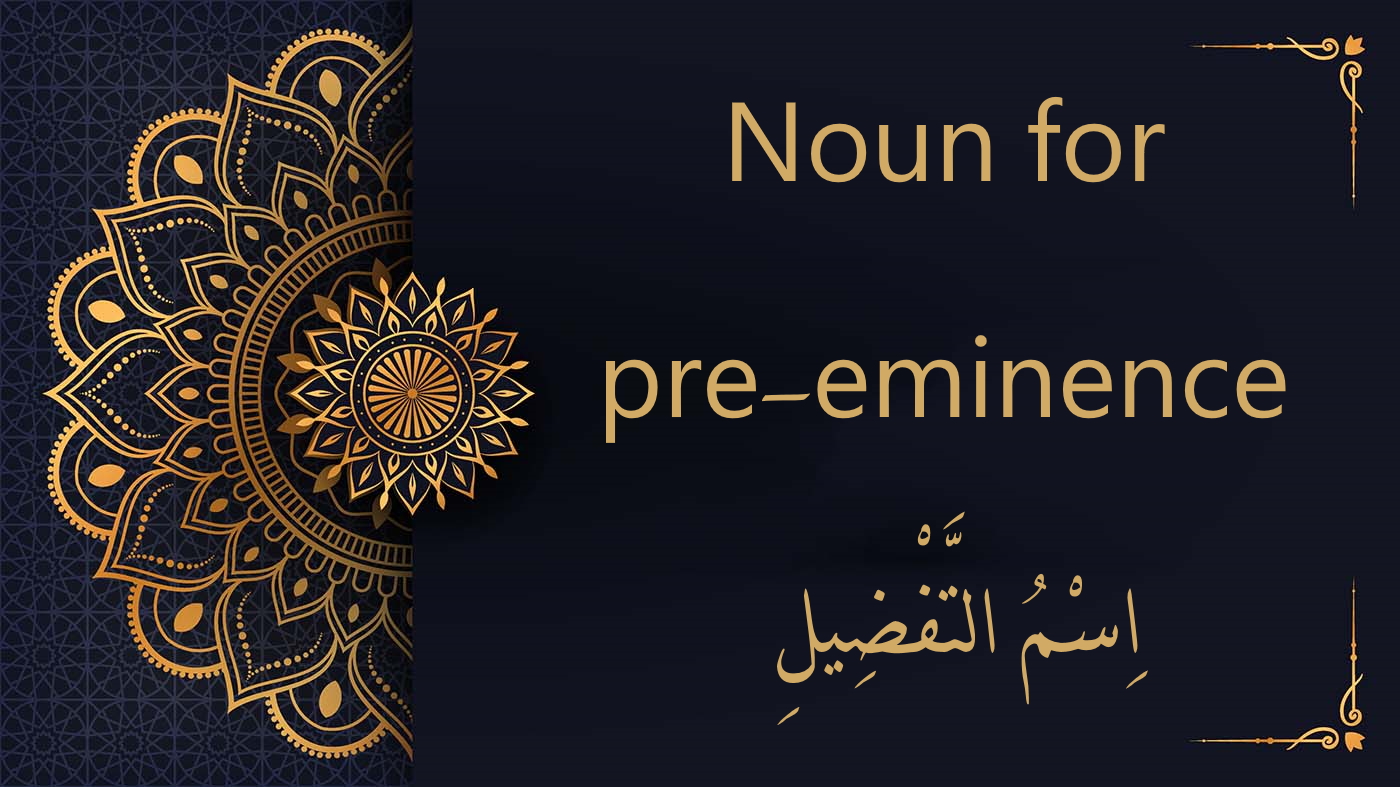
Noun for pre-eminence in Arabic – اِسْمُ التَّفْضِيلِ Introduction This noun is employed to establish a comparison between entities, be it between two individuals, objects, groups, or even comparing one individual to a group. Known as اِسْمُ التَّفْضِيلِ, the noun of pre-eminence comes in two forms: Comparative – اِسْمُ المُقَارِنِ Superlative – اِسْمُ التَّفْضِيلِ. 1. […]
the Adjectives in the Arabic language – الصِّفَاتُ | Free Arabic Course
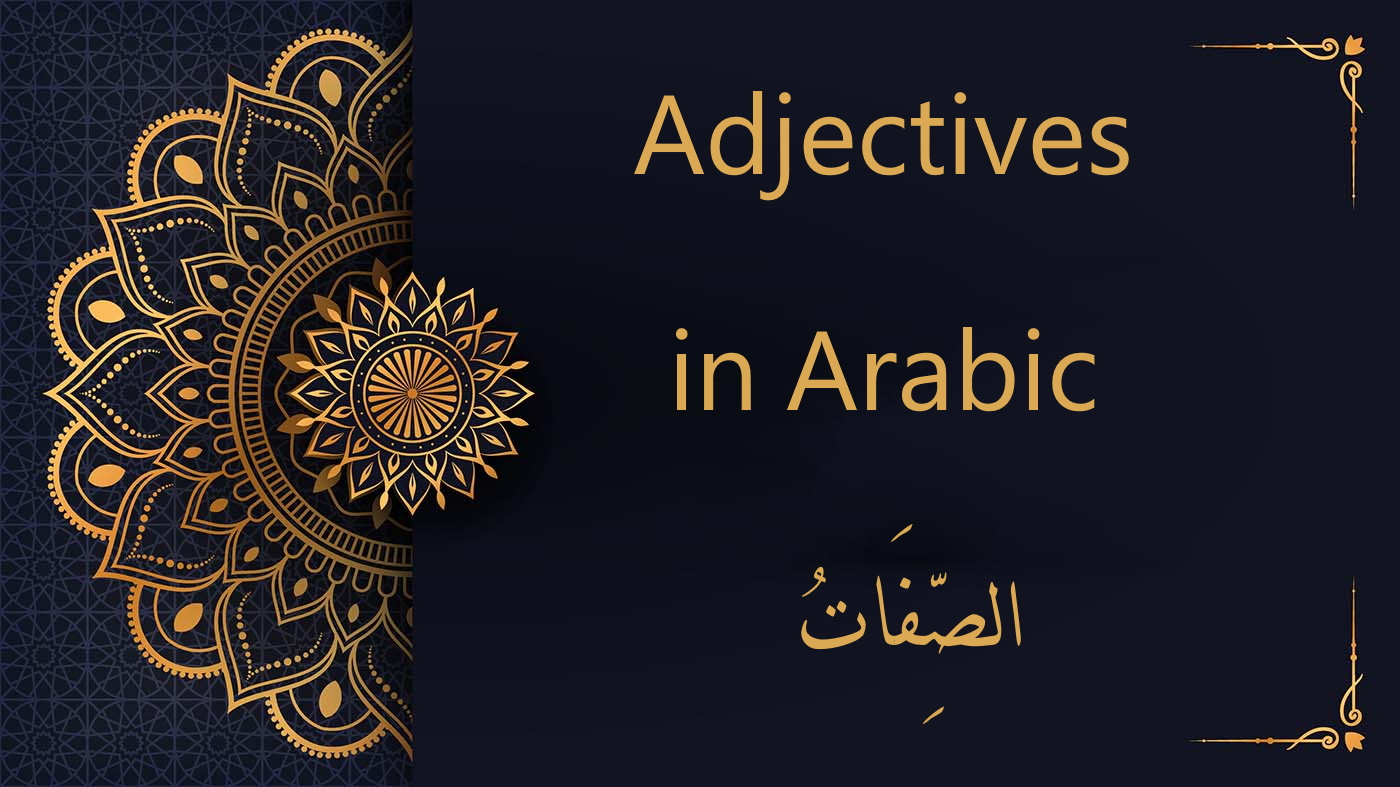
the Adjectives in the Arabic language – الصِّفَاتُ Introduction Adjectives are descriptors that highlight the attributes, color, or flaws of nouns. Typically, they stem from intransitive verbs that indicate a state or condition, rather than an action. Various established patterns can be used to form adjectives. 1. فَاعِلٌ – active participle Examples: صَالِحٌ – righteous/good […]
The accusative in Arabic – حَالةُ النَّصَبِ | Free Arabic Course
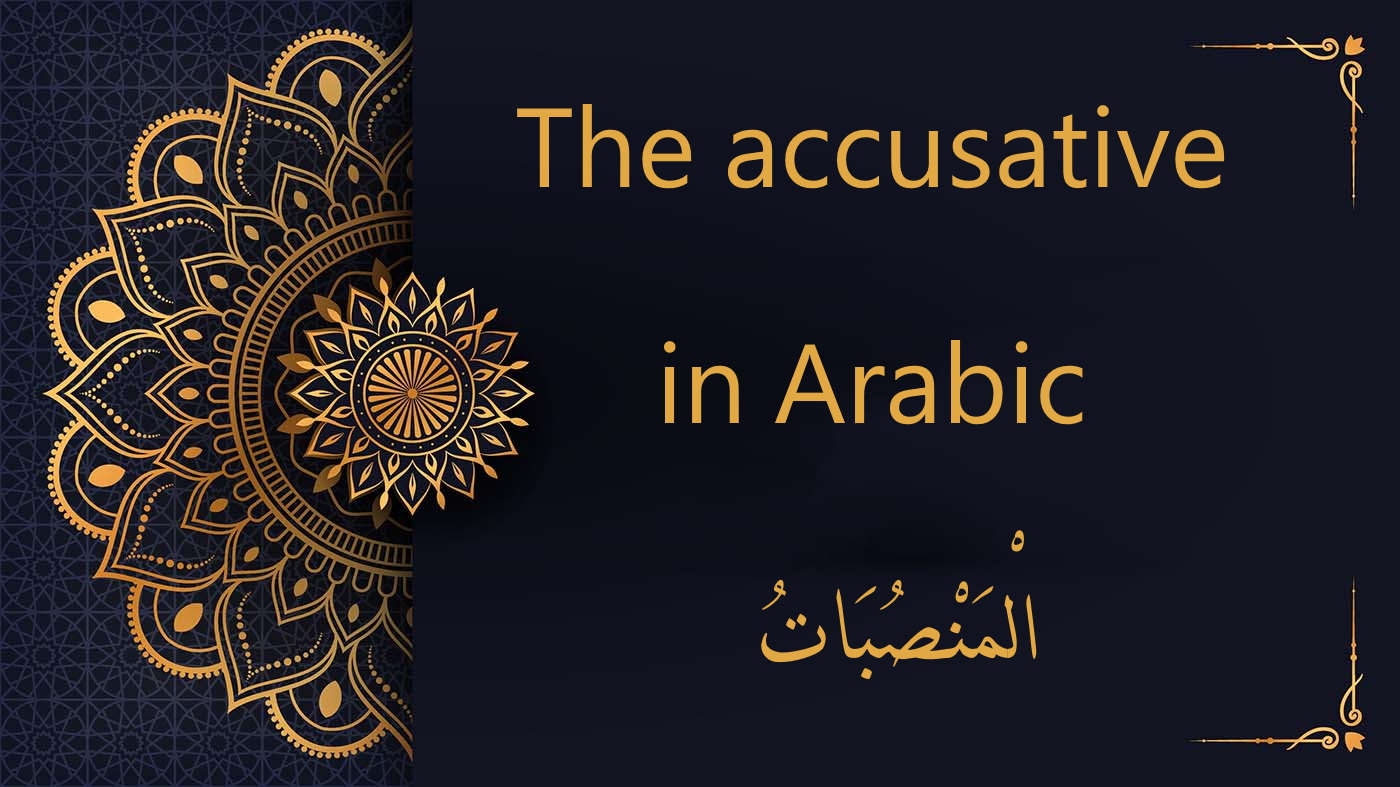
The accusative in Arabic – حَالةُ النَّصَبِ Introduction In the Arabic free course, we will explore how the accusative case, known as “حالةُ النَّصَبِ” in Arabic, encompasses three key elements: Objects Nouns denoting states Specifications A. The objects – الْمَفَاعِلُ Objects of the verb are placed in the accusative case, which is referred to […]
Interjection in Arabic – صِيْغَةُ التَّعَجُّبِ | Arabic Free Course

Interjection in Arabic – صِيْغَةُ التَّعَجُّبِ 1. The interjection: the vocative Vocative particles in Arabic are utilized to directly address or call someone. These particles, known as أَدَوَاتُ النَّدَاء, play a crucial role in expressing attention or emphasis. Among them are: يَا: Used as “O!” and can address both masculine and feminine. يَا أَيُّهَا: […]
Particles of conjunction – أَدَوَاتُ التَّصْرِيف | Arabic Free Course

Particles of conjunction – أَدَوَاتُ التَّصْرِيف Introduction Conjunctions are grammatical elements used to link words within sentences. 1. Types of particles of conjunction Here is a refined list of conjunctions: 1. وَ – “and.” This is known as وَاو عَطَف, used to link one sentence to another or a name to another name. 2. […]
Kaana and its sisters – كَانَ وَ أَخَوَاتُهَا | Arabic Free Course
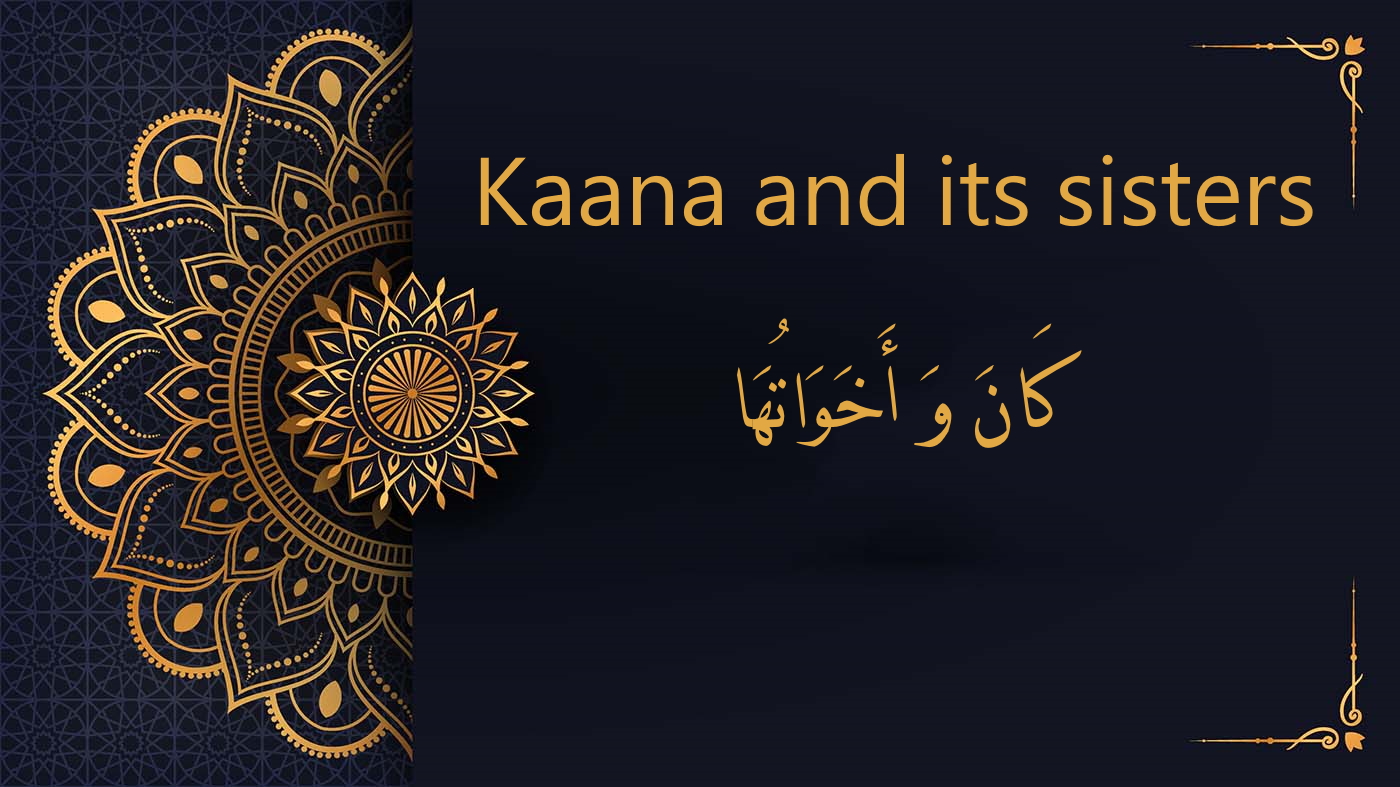
Kaana and its sisters in Arabic – كَانَ وَ أَخَوَاتُهَا Introduction The group of particles known as “Kaana and its Sisters” – كَانَ وَ أَخَوَاتُهَا: 1. **كَانَ (kaana)** – “to was”2. **صَارَ (ṣāra)** – “to become”3. **أَصْبَحَ (aṣbaḥa)** – “to become,” “to enter/do in the morning”4. **مَا زَالَ (mā zāla)** – “increasingly,” “continuously”5. **أَضْحَى […]
inna and its sisters – إِنَّ وَ أَخَوَاتُهَا | Arabic Free Course
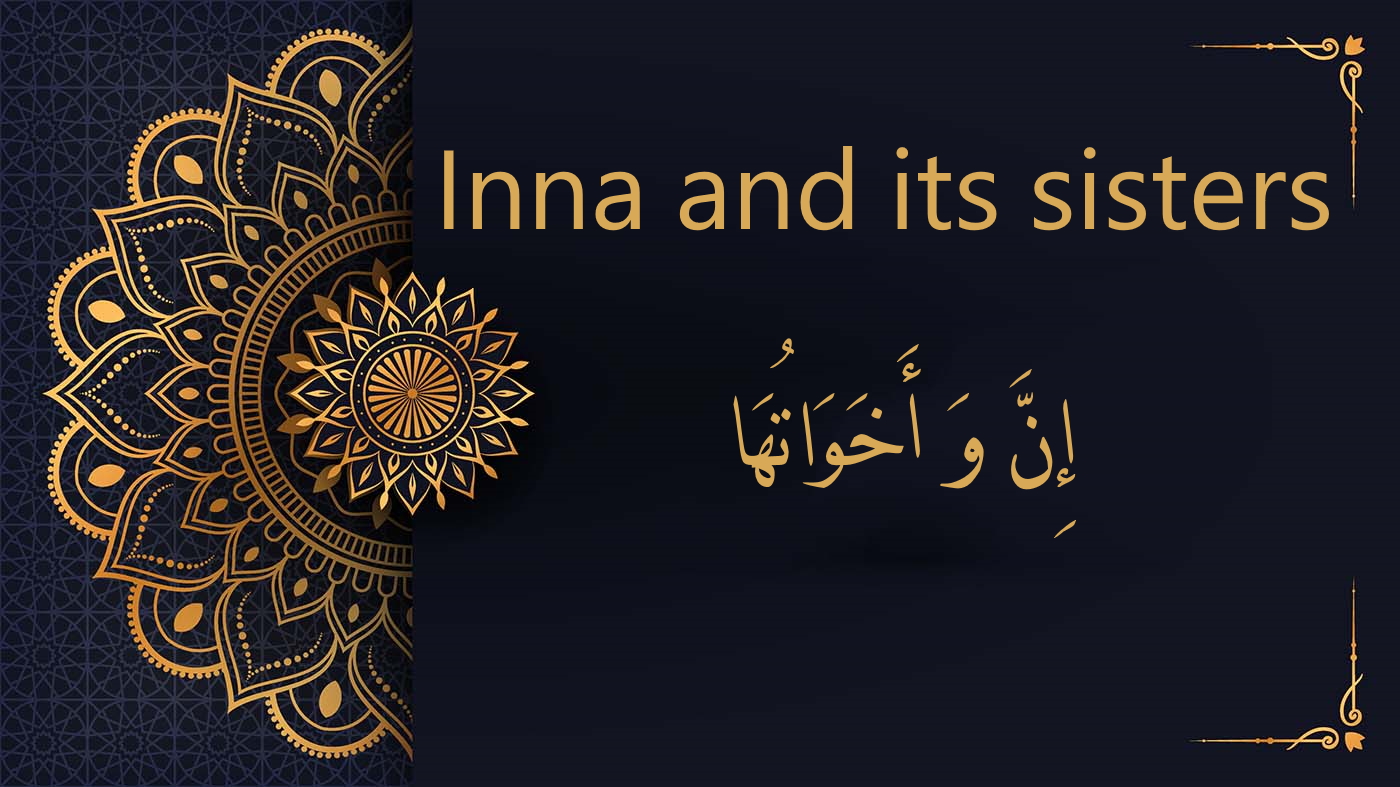
inna and its sisters in Arabic – إِنَّ وَ أَخَوَاتُهَا Introduction The particles known as “Inna and its sisters” – إِنَّ وَ أَخَوَاتُهَا – hold a significant position in Arabic syntax, imbuing nominal sentences with emphasis and nuance. إِنَّ (certainly): It underscores the truth or certainty of a statement. When it precedes a noun, […]
Conditional sentences in arabic – الْجُمْلَةُ الشَّرْطِيَّة | Arabic Free Course
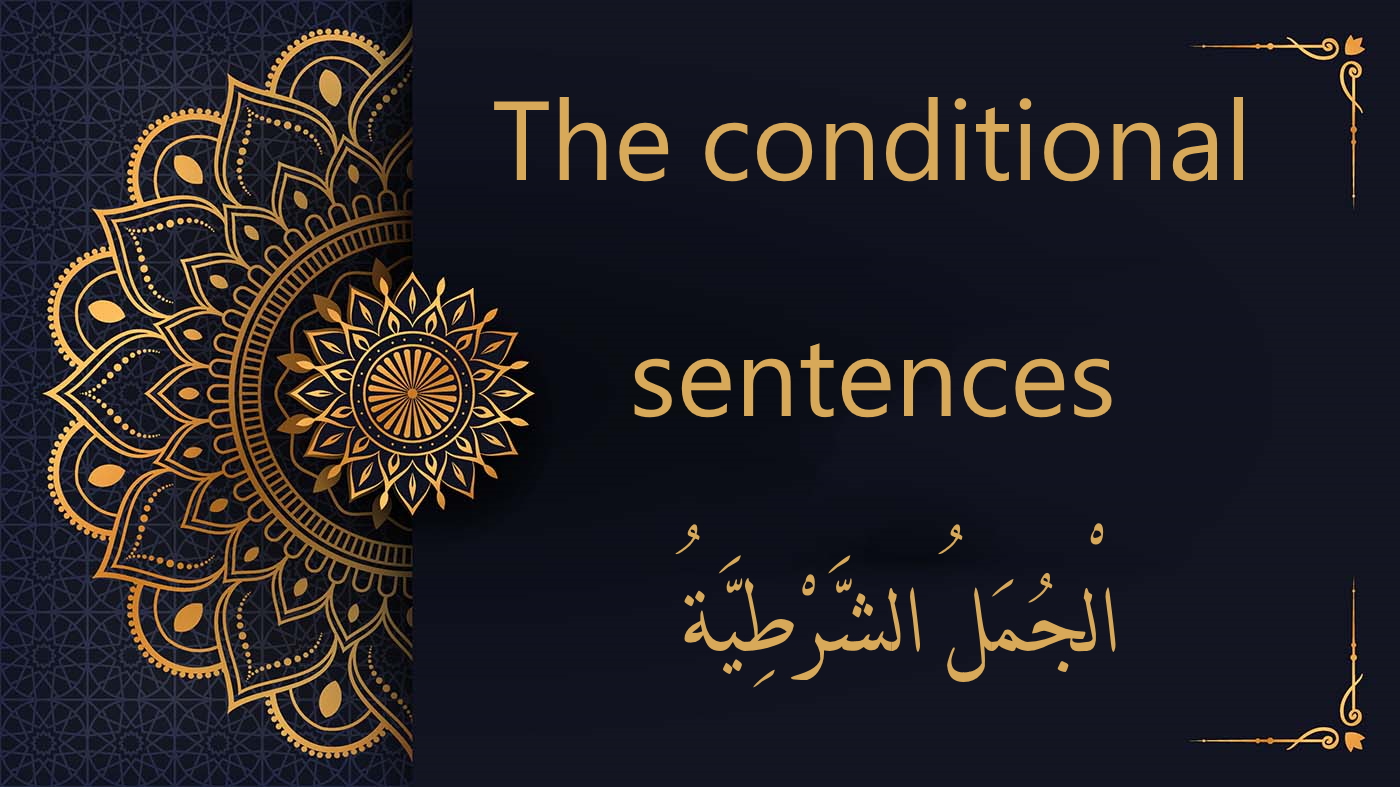
Conditional Sentences in Arabic – الْجُمْلَةُ الشَّرْطِيَّة Introduction In Arabic grammar, conditional sentences are composed of two primary components: the condition itself, termed the protasis or فِعْلُ الشَّرْطِ, and the consequence or result of that condition, known as the apodosis or جَوَابُ الشَّرْطِ. In many cases, especially within verbal sentences, both the protasis and the […]

